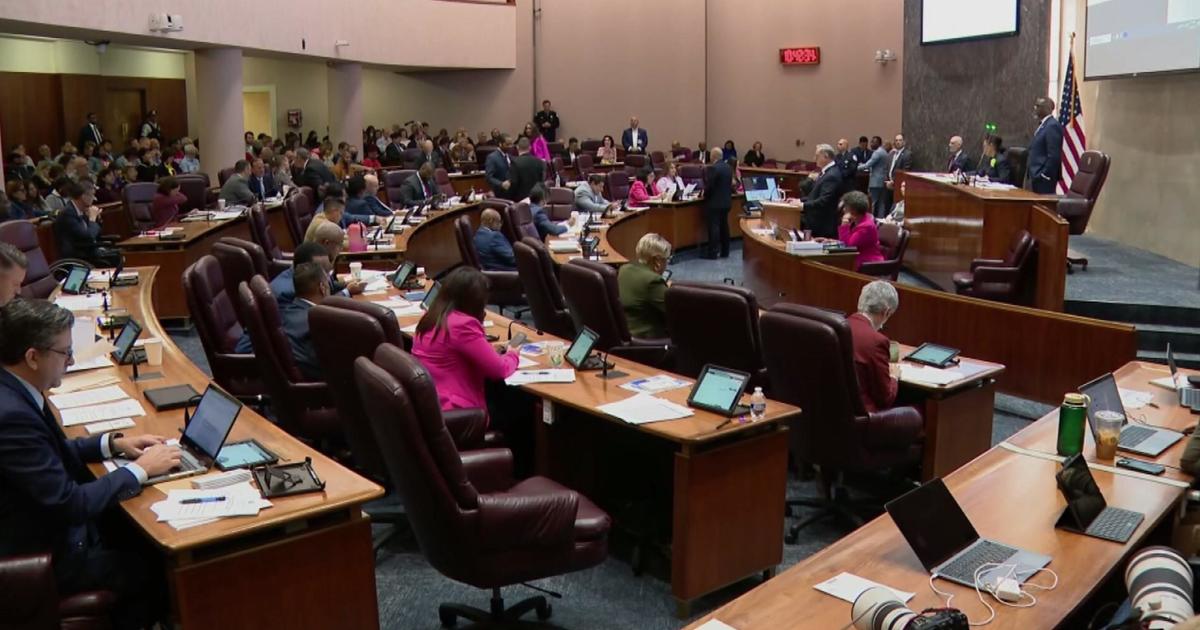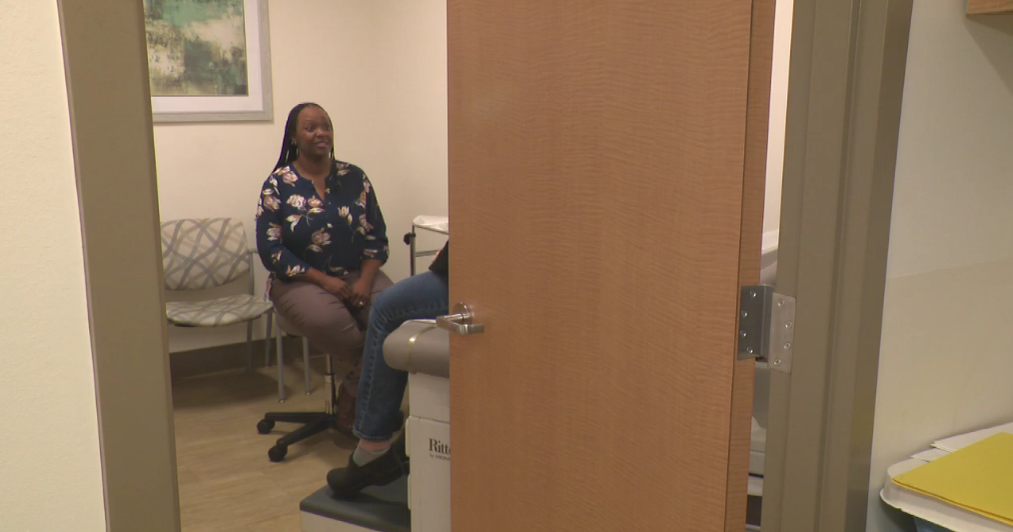Doctors Say Planned Early Births Can Be Risky
CHICAGO (CBS) -- Advances in the delivery room have made it possible for pregnant women to choose to deliver earlier than 39 weeks for non-medical reasons, but a growing body of evidence suggests the decision can be risky to the newborn.
CBS 2's Vince Gerasole reports on the push for more pregnancies to last longer.
Tending to baby Autumn, Jalaine McQuater has been a mother for barely a month. Her joy almost erased the pain she felt from fibroids during her last weeks of pregnancy.
"It was very sharp pains, it was like my contractions weren't as bad as that," McQuater said.
In spite of the inconvenience, McQuater consulted with her doctor and chose to take medication and carry her daughter a full 39 weeks.
"I think I would have been a little bit more nervous just to see if her lungs fully developed," McQuater said.
For decades, some doctors have argued 37 weeks can be considered full term, and mothers elected to induce and give birth early. The reasons ranged from demands at work to wanting a birthday that's easy to remember.
Dr. John Weitzner, an OBGYN at Rush University Medical Center, said, "As you know, 11-11-11 is coming up and there are a lot of people who want their babies born on 11-11-11."
But new evidence suggests that, if those babies aren't carried to 39 weeks they will spend more time in the neonatal intensive care unit and will be prone to respiratory distress, seizures and blood infections
"If a patient goes into labor on her own … at 37 weeks, let's say, it's not wrong to let her deliver," Weitzner said. "But for me to electively – in other words, without a medical indication – induce her and deliver her at 37 weeks causes undue risks to the newborn."
Weitzner from said a sharp rise in elective inductions now has more hospitals moving to limit them.
In 1990, 10 percent of all births in the United States were elective inductions. By 2010, the number rose to 25 percent.
"This is about inducing somebody who's perfectly healthy, no problems, and just wants to have the baby out, doesn't want to wait till the due date," Weitzner said.
He acknowledged that for pregnant women, every day of the last week of their pregnancy can feel like a week.
"It's very frustrating to not know when labor's going to start, so as the weeks progress after that it's increasingly frustrating to the patients to have to wait another week," Weitzner said.
When medical reasons such as diabetes or hypertension are factors, doctors say that delivery as early as 35 weeks is a safe option, otherwise it's best to wait.
"At 39 weeks they're really fully baked inside," McQuater said.
Some research shows the risk of respiratory distress can develop in babies delivered even in the last three or four days of the 38th week.







